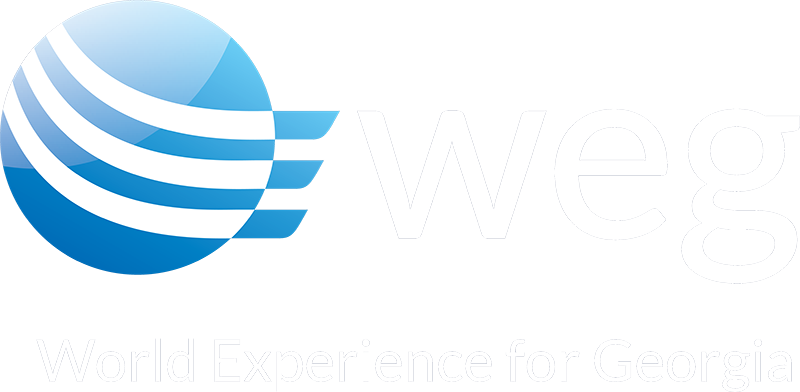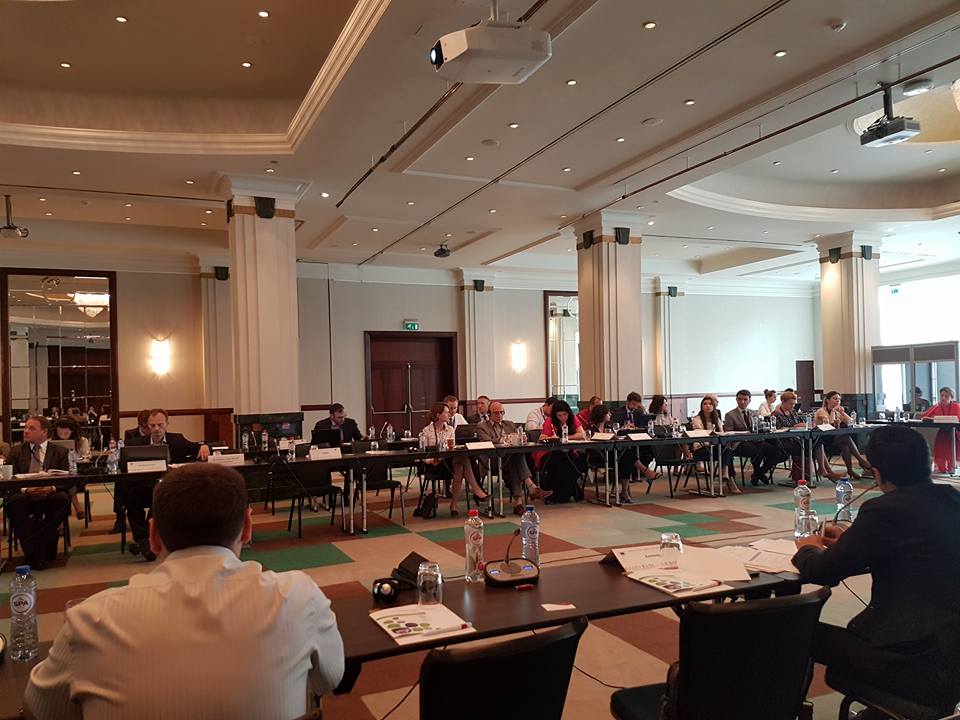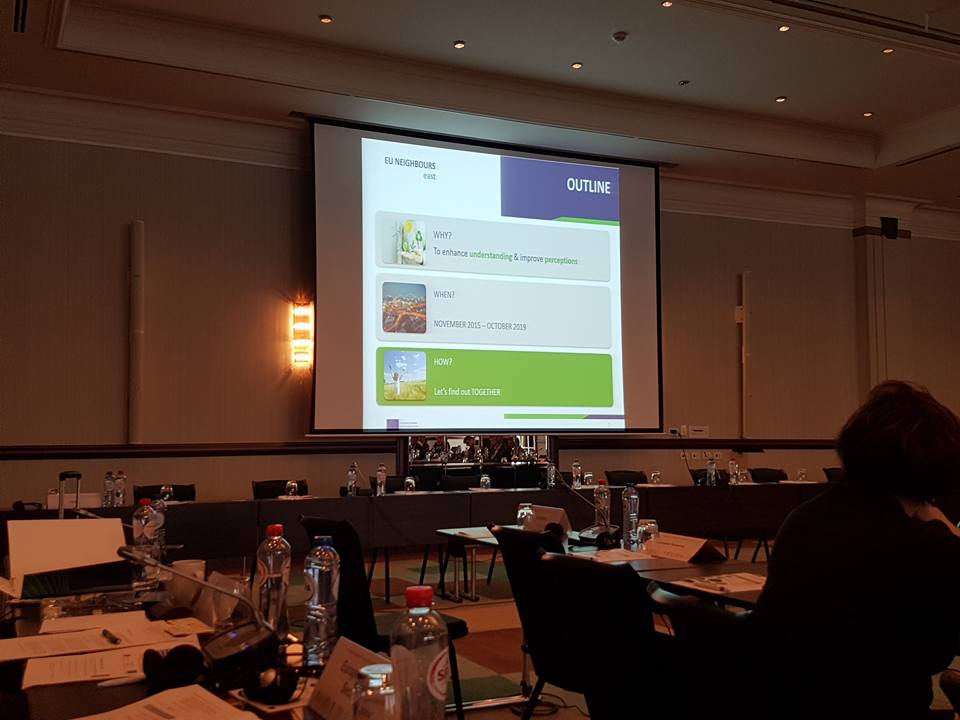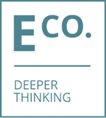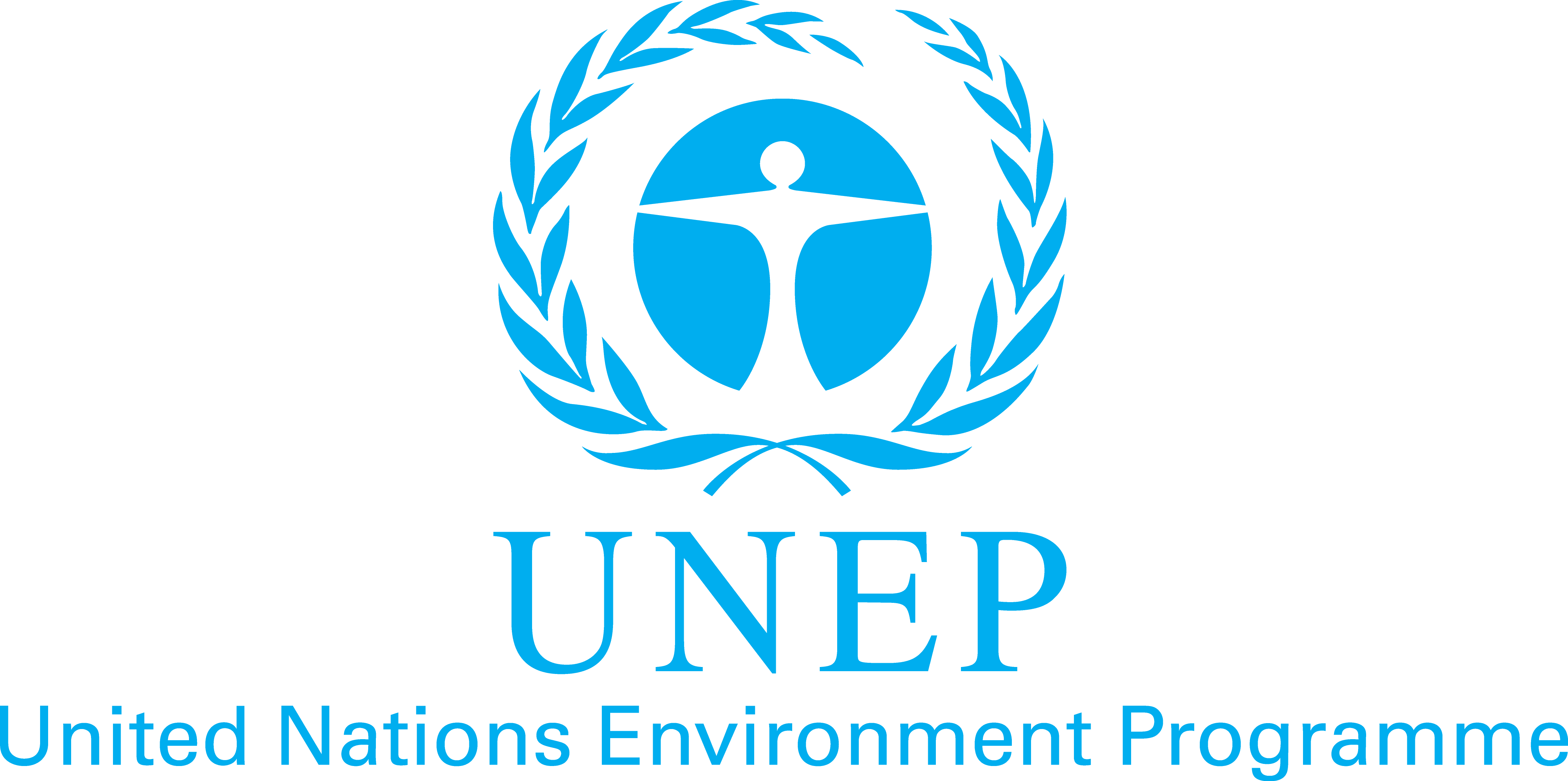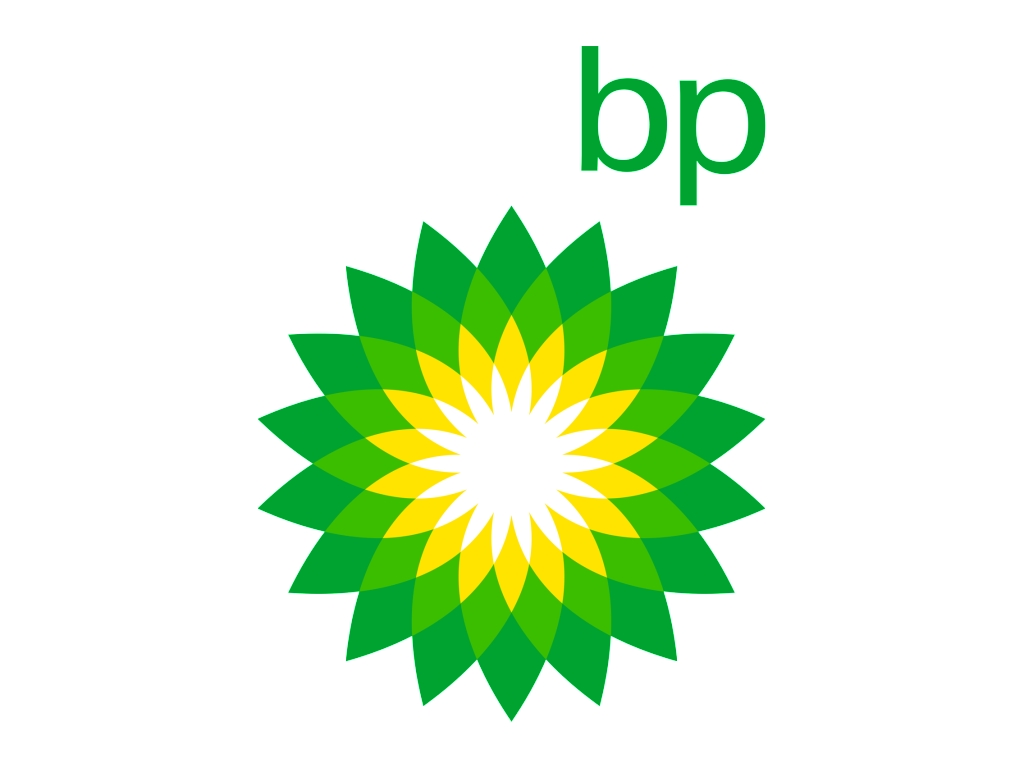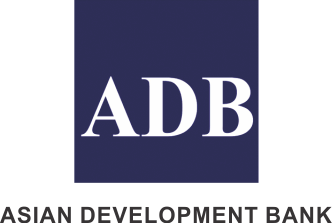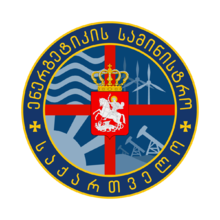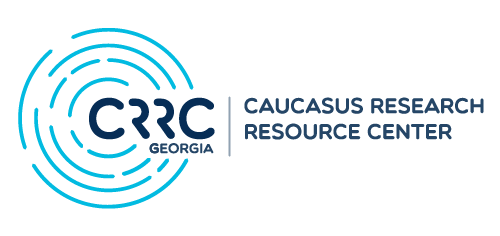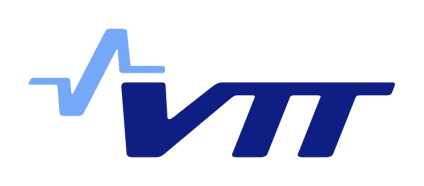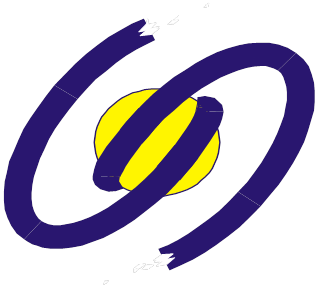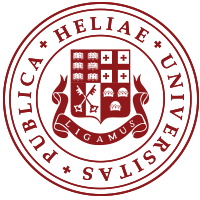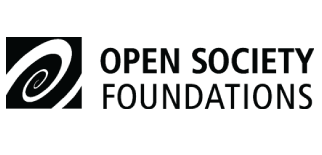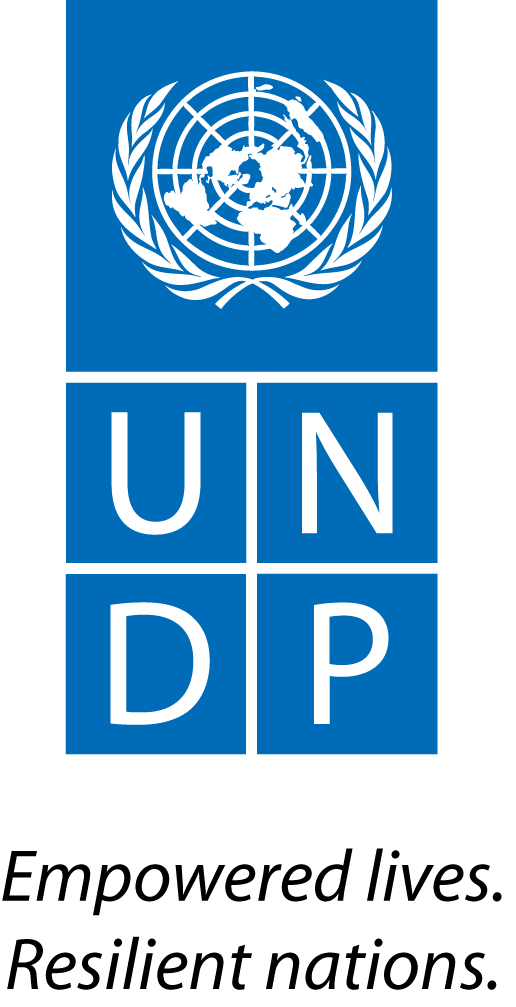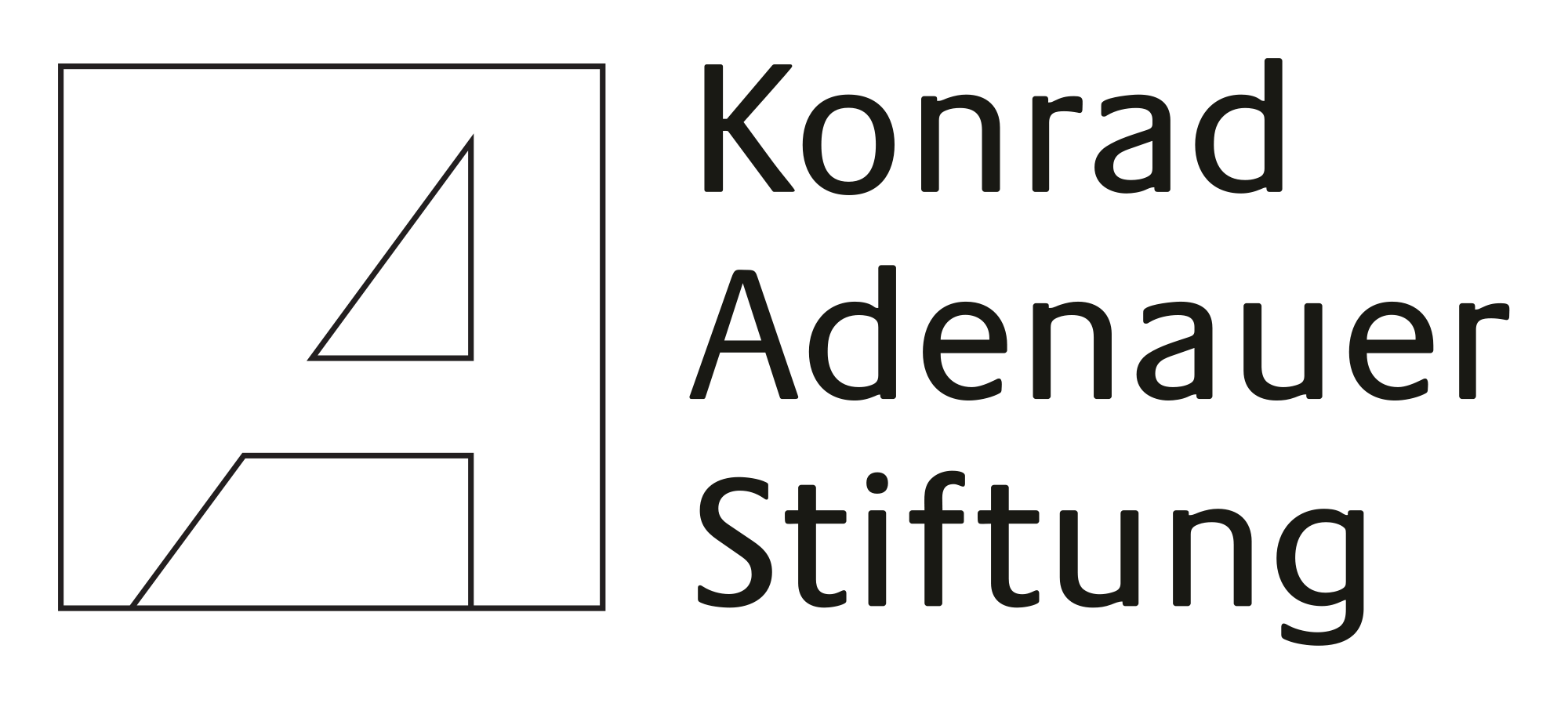WEG Participated in the Meeting of the Eastern Partnership Platform 3 on Energy Security
Meeting of Eastern Partnership Platform 3 on Energy Security was held on June 23th, 2017 in Brussels, Belgium during EU Sustainable Energy Week.
Murman Margvelashvili, Director of WEG attended the platform meeting, chaired by Megan Richards, director “Energy Policy” from DG Energy, European Commission and attended by a number of high officials from European Commission, representatives of European Parliament, International Energy Charter. Council of European Energy Regulators (CEER), International Energy Agency, Energy Community Secretariat, EIB.
Ms. Richards reiterated the importance of Energy Union and its intended effect beyond the EU borders indicating that energy security of EaP countries is a high priority of the EU. A number of upcoming events were discussed including the EaP Summit planned for 24 of November, 2017.
The event included three panels on these topics:
- Regional energy cooperation
- Optimizing the energy transition through increasing engagement of consumers
- High level studies and next steps
One of the main focuses of the meeting was on energy consumers and their role in energy transition, where through smart technologies they can participate in generation, energy storing, demand response management.
Boris Iarochevitch, a head of division of EEAS, who made first presentation based on Staff working paper on 20 Deliverables for 2020 focusing mostly on deliverables 14 and 15 on Energy Efficiency and Renewable Energy. He described the new developments in EU external actions including the review of EaP Architecture and creating a platform on connectivity. Negotiations on a new agreement with Armenia as well as special agreement negotiations with Azerbaijan were also briefly discussed.
Country representatives (mostly energy ministries) made presentations of their current situation and plans on infrastructure, EE and RE policies etc.
Following an intervention of Moldovan colleague, Murman Margvelashvili spoke about the problem of Abkhazia non-paid electricity consumption from Enguri hydropower plant.
Various issues in sustainable energy policies were discussed, including:
- Impact on tariffs of RE support schemes (e.g. keeping tariff low in Belarus)
- Ability of preserving competitiveness with better self sufficiency Romania – improved self-sufficiency together with competitiveness in gas sector
- Forms of subsidies to vulnerable consumers (money vs. in-kind gas)
- Automatic house and electric vehicles used as energy storage
- Expected proliferation of distributed small scale generation which is likely to produce up to 50% of power in years beyond 2030.
- Policies in support of small RES
- Vision is needed for Energy Efficiency rather than simply National Energy Efficiency Action Plans
Among other findings the studies revealed a lack of coordination between different donor agencies resulting in fragmented uncoordinated local projects not leading to a common goal. The suggestion was made by consultants for EU4Energy project to take a lead in donor coordination, based on the experience of donors’ coordination in Moldova.
The platform meeting proved to be productive and raised various issues for further action of civil society.
